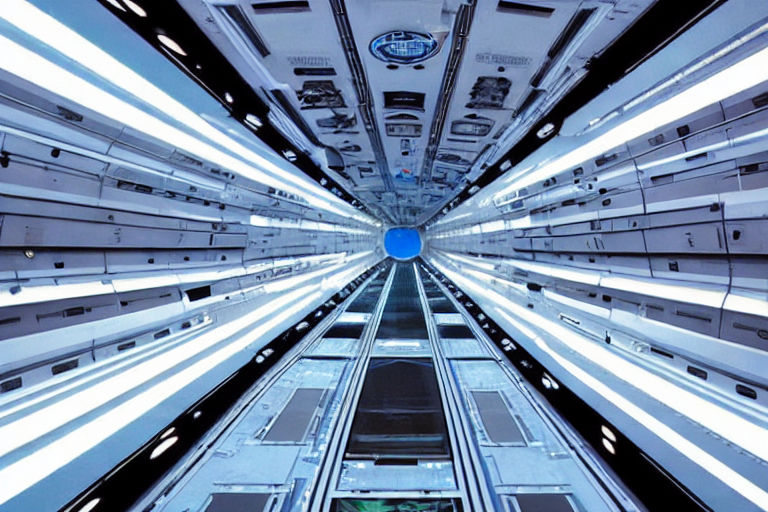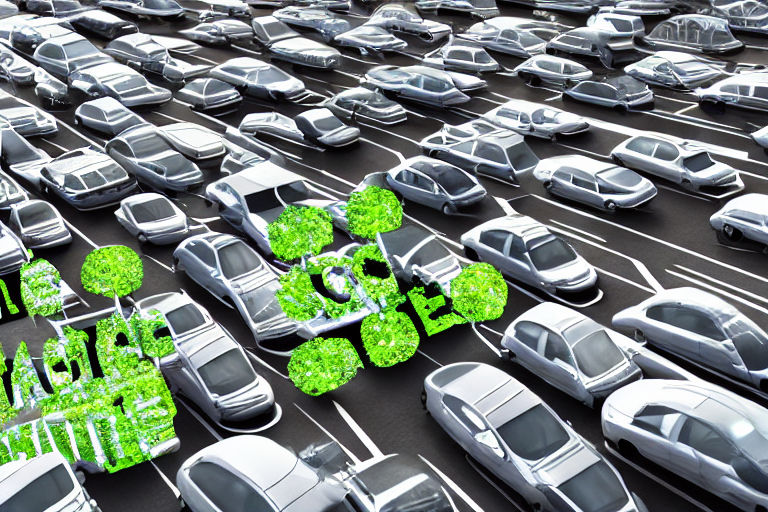The Impact of Space Technology on Transportation Sustainability
Transportation has an enormous impact on the environment, with air travel, in particular, representing a significant contributor to climate change. To mitigate the negative impact of transportation, researchers have been exploring ways to make it more sustainable. One promising area of research is the use of space technology in transportation.
Efficient Navigation and Communication
Space technology has already revolutionized transportation in several ways. Satellites have made it possible for vehicles to navigate more efficiently, improving fuel efficiency and reducing carbon emissions. GPS (Global Positioning System) is an example of such technology. It is now common for vehicles to be equipped with GPS devices to provide real-time navigation and efficient routing. The use of satellites has also led to more effective communication between drivers and dispatchers, reducing the time it takes for deliveries and shipments.
Alternative Fuels
Space technology is also being used to develop alternative fuels for transportation. For example, the development of biofuels by NASA has led to the creation of new fuels that can be used in engines, such as ethanol and bio-diesel. These fuels are renewable, sustainable, and have a lower carbon footprint than traditional fossil fuels.
Electric Vehicles
The use of space technology has helped in the development of electric vehicles as well. Lithium-ion batteries, which are commonly used in electric vehicles, were first developed for use in space. Today, electric vehicles are becoming increasingly popular for personal and commercial use, reducing emissions and helping to create a more sustainable transportation system.
Space Elevators
Another exciting area of research is the development of space elevators. Although still in the experimental stage, space elevators have the potential to revolutionize space travel and transportation by providing a more cost-effective and sustainable way to transport materials and people from Earth's surface to space. The concept involves a cable extending from a stationary object on Earth to a counterweight in space. Transportation would occur by a climber vehicle that would move up and down the cable.
Conclusion
Space technology has already had a significant impact on transportation, and the potential for its future use is enormous. As climate change becomes an increasingly pressing issue, researchers around the world are looking for ways to make transportation more sustainable, and the space industry is playing its part in this research. Alternative fuels, electric vehicles, and efficient navigation and communication are just a few examples of how space technology is being used to create a more sustainable transportation system, with the potential for space elevators to provide even more impactful alternatives in the future.





